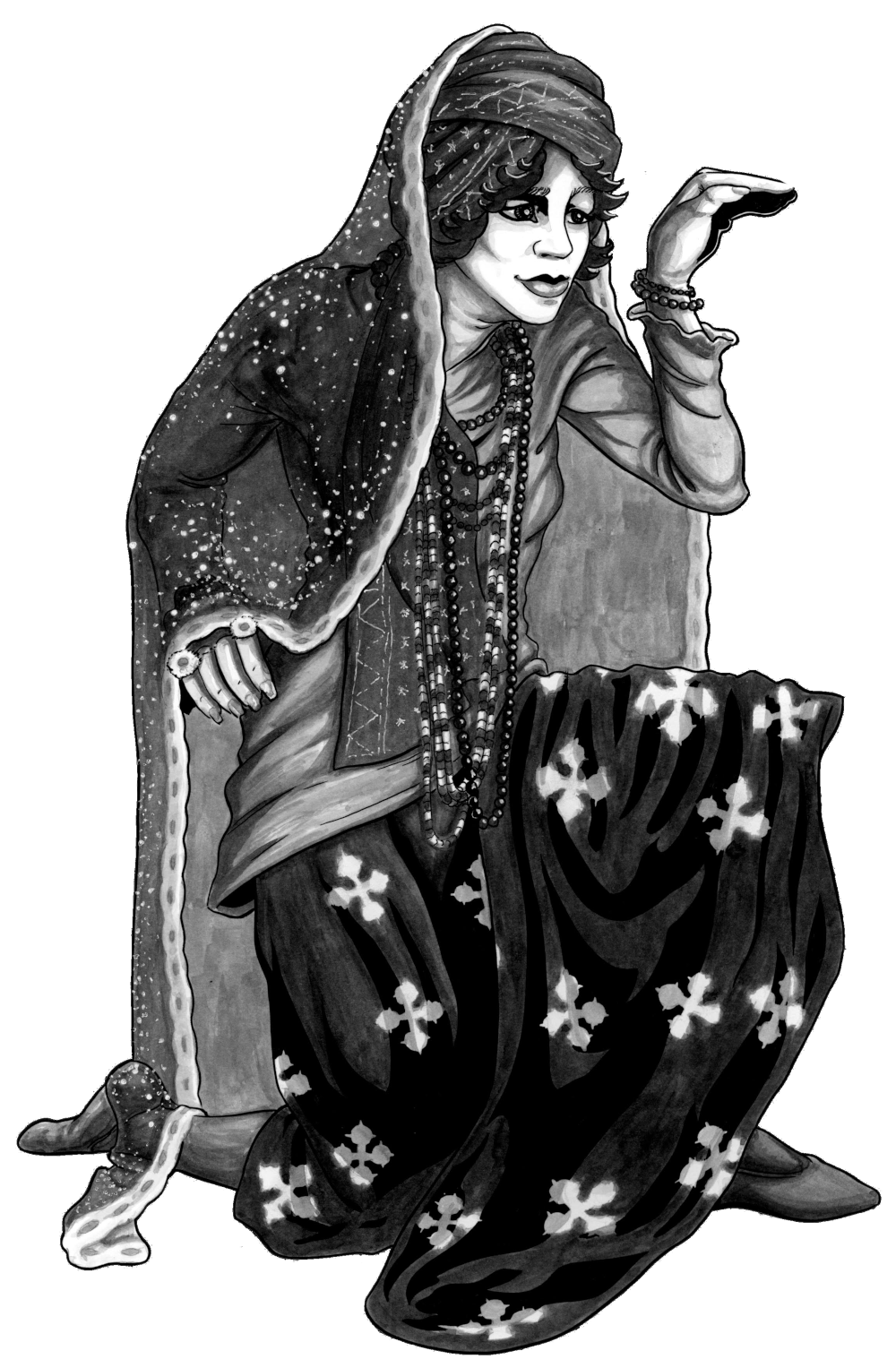The Gypsy Camp. When I lived in The High Country region of North Carolina, I frequently heard tales of gypsy bands who would come during the summers and camp out on the land of an agreeable farmer, as noted by my fictional historian Ross McKinney in Chapter 7. In 1935 they would have traveled in horse-drawn wagons, their squeaky wheels announcing their arrival from miles away. Before automobiles became prolific in the mountains, gypsies (along with “drummers”) traded goods that were difficult to come by—such as pots and pans, jewelry, leather goods, and baskets—for medicinal herbs and corn liquor, aka “moonshine.” My gypsy characters and details of the wagon of the gypsy queen are fictionalized, but it’s true that many were fortune tellers who read tea leaves. It’s also true that the Romani (an Indo-Aryan ethnic group who traditionally lived a nomadic, itinerant lifestyle) are correctly referred to as “Roma” or simply “Rom.” Before the days of such correctness, however, many High Country storytellers shared childhood memories of being threatened with “I’ll sell you to the gypsies” as incentive to refrain from misbehaving!
